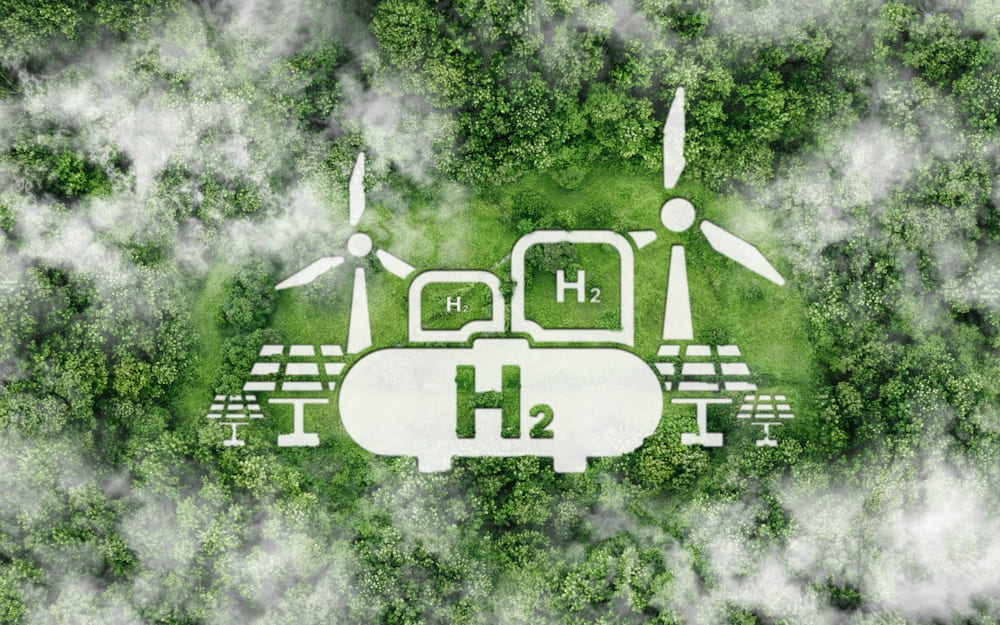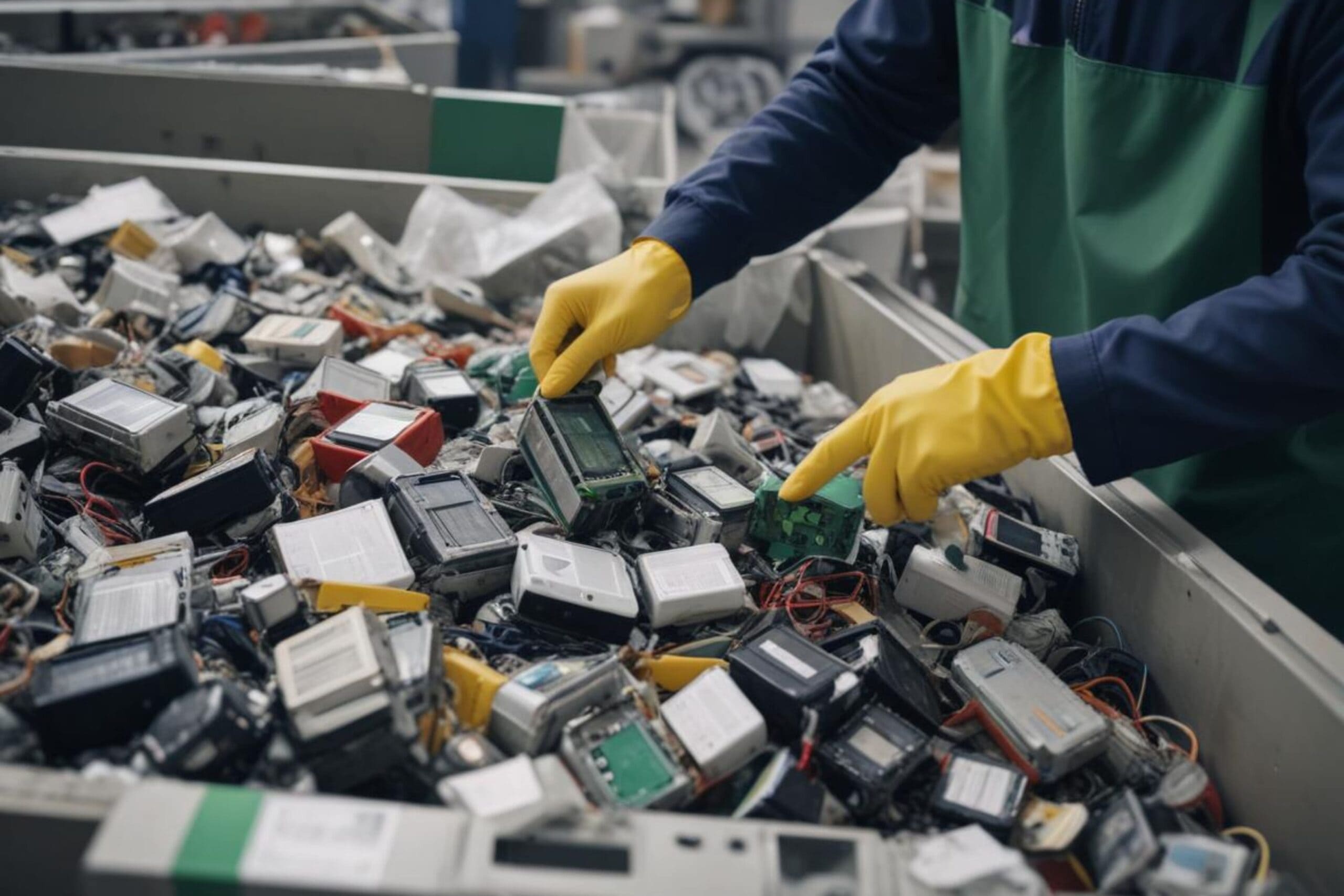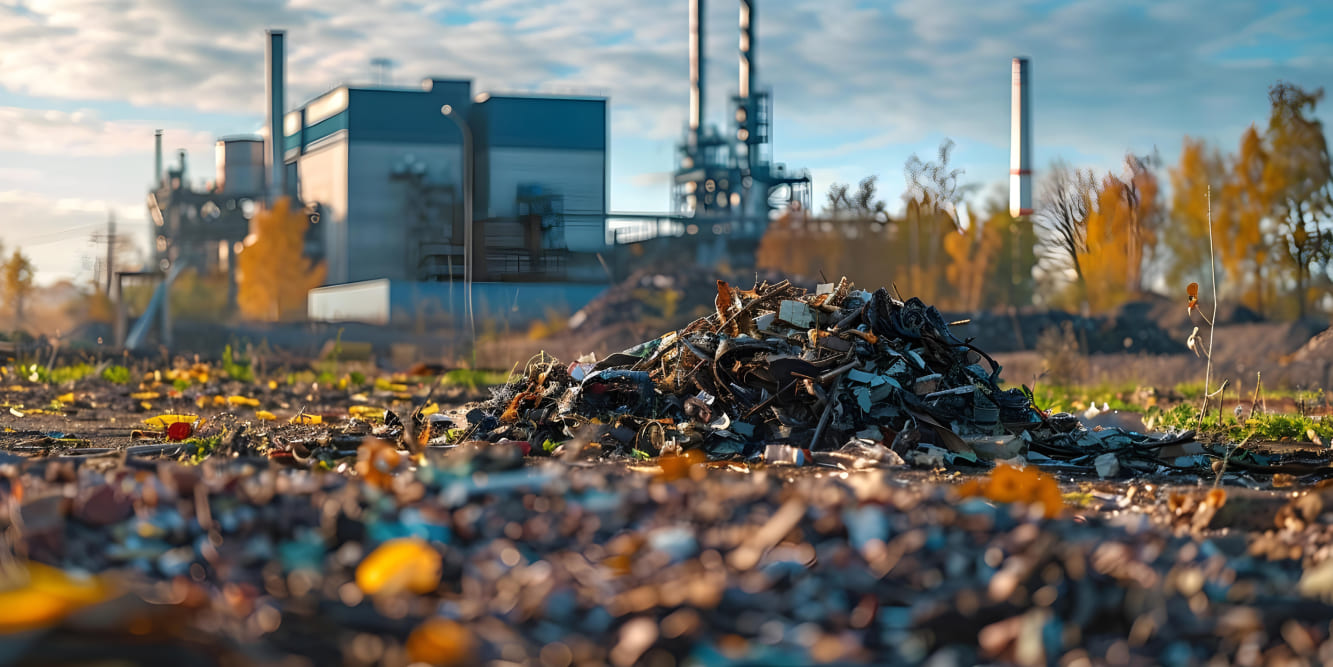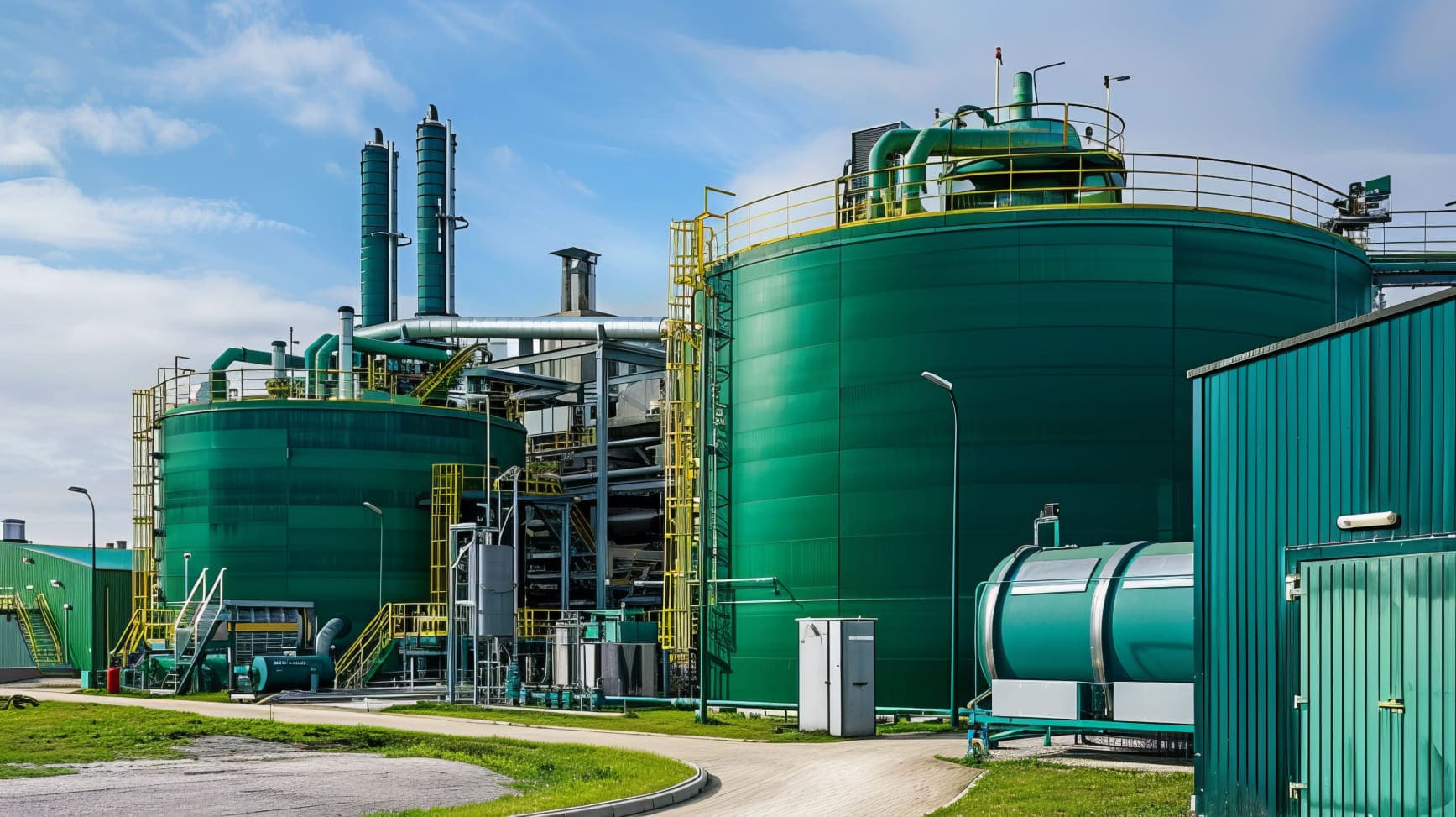
As the world searches for innovative solutions to tackle climate change and reduce dependence on fossil fuels, renewable methanol production stands out as a promising alternative. By converting biomass into methanol, we can tap into renewable resources, paving the way for a cleaner, more sustainable energy future.
Renewable methanol is an alcohol derived from biomass sources, including agricultural residues, forestry waste, and dedicated energy crops. This process transforms organic materials into a liquid fuel, suitable for transportation, heating, and as a feedstock for various chemical applications.
SES delivers a customized solution throughout the entire value chain, beginning with the pre-treatment of biogas, upgrading it into biomethane, and subsequently converting it into renewable methanol. This fully integrated approach ensures sustainable biofuel production. Our comprehensive EPC service model maximizes efficiency, sustainability, and value at each stage of the process.
Green Hydrogen is rapidly emerging as a cornerstone of the renewable energy revolution, offering a clean, sustainable, and highly versatile energy source with the potential to decarbonize a wide range of global industries. Produced using renewable energy sources such as solar, wind, or hydropower, green hydrogen is celebrated for its ability to generate energy without emitting harmful pollutants. As the world intensifies its efforts to combat climate change and transition to more sustainable energy systems, green hydrogen is set to play a pivotal role in achieving these objectives.
SES offers a comprehensive range of services in the Green Hydrogen sector, including:


In the context of increasing environmental challenges, engineering consultancy plays a pivotal role in facilitating the transition to a circular economy. This model emphasizes sustainability by minimizing waste and maximizing resource efficiency, fundamentally altering traditional production and consumption patterns. Our mission is to assist organizations in rethinking their resource management strategies, reducing waste, and enhancing sustainability across all operations.
Anaerobic Digestion: A biological process that breaks down organic matter to produce biogas (mainly methane) without oxygen. This method is particularly effective for food and agricultural waste.
Fluidized Bed Technology: This method uses a bed of particles fluidized by air or gas to burn waste efficiently, allowing for better temperature control and reduced emissions.
Drawing on our extensive experience from numerous projects, we support waste to energy project initiative to align with our clients’ expectations, ensuring their requirements are fully integrated. The high level of satisfaction expressed by our clients reflects our commitment to exceptional performance, and we have the evidence to support our claims.


In the pursuit of sustainable energy alternatives, biogas generation emerges as an eco-friendly and highly effective solution. By harnessing organic waste, biogas production not only helps to tackle waste management issues but also promotes energy independence and significantly reduces greenhouse gas emissions.
Biogas is a renewable energy source produced through the anaerobic digestion of organic materials, such as agricultural residues, food waste, and livestock manure. This natural process occurs in the absence of oxygen, breaking down organic matter to produce a mixture primarily consisting of methane and carbon dioxide.